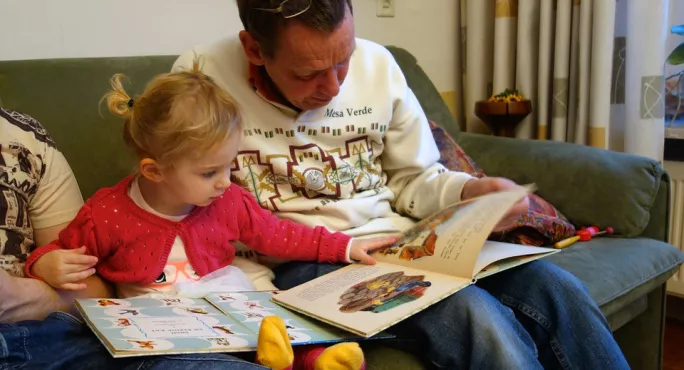Teachers need to be more aware that children with reading difficulties may suffer from hearing problems, research has found.
The study from Coventry University found that one in four of its young participants who had reading difficulties showed mild or moderate hearing impairment, of which their parents and teachers were unaware.
The researchers said greater awareness of youngsters’ hearing problems could help children to get more structured support to help them improve their reading and writing.
“Many children in school may have an undetected mild hearing loss, which makes it harder for them to access the curriculum,” report author Dr Helen Breadmore said.
“Current hearing screening procedures are not picking up these children, and we would advise that children have their hearing tested in more detail and more often.”
She said that it was crucial for children to hear different speech sounds in the early stages of learning to read, and children whose hearing ability fluctuates could be missing out.
The study, funded by the Nuffield Foundation, compared children with dyslexia with youngsters who had a history of repeated ear infections to see if they had a similar pattern of literacy difficulties.
A total of 195 children aged between 8 and 10 - including 36 with dyslexia and 29 with a history of repeated ear infections - completed a series of tests to establish their reading and writing skills.
They were retested 18 months later, when a hearing screening was also carried out.
None of the parents of the children with dyslexia reported any knowledge of hearing loss before the tests, but the screening showed that nine out of 36 of these children had some form of hearing loss.
And around one-third of the children who had repeated ear infections had problems with reading and writing, although the researchers added that repeat ear infections will only result in reading difficulties when accompanied by weaknesses in other areas.
The results showed that children with dyslexia have different patterns of literacy difficulties to children with a history of repeat ear infections, although there is some overlap between the groups.
The academics suggested that teachers should be made aware if pupils have had a history of repeated ear infections, so they can consider how this could impact on children as they begin to read.
GPs can arrange for a child to have a hearing test at any age if a parent or teacher has concerns.
Want to keep up with the latest education news and opinion? Follow Tes on Twitter and Instagram, and like Tes on Facebook.




